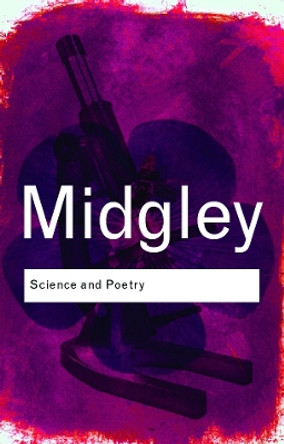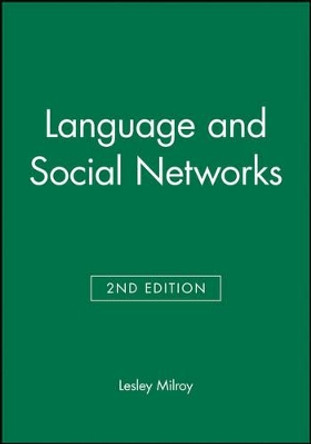Description
Crude materialism, reduction of mind to body, extreme individualism. All products of a 17th century scientific inheritance which looks at the parts of our existence at the expense of the whole.
Cutting through myths of scientific omnipotence, Mary Midgley explores how this inheritance has so powerfully shaped the way we are, and the problems it has brought with it. She argues that poetry and the arts can help reconcile these problems, and counteract generations of 'one-eyed specialists', unable and unwilling to look beyond their own scientific or literary sphere.
Dawkins, Atkins, Bacon and Descartes all come under fire as Midgely sears through contemporary debate, from Gaia to memes, and organic food to greenhouse gases. After years of unquestioned imperialism, science is finally forced to take a step back and acknowledge the arts.
About the Author
Mary Midgley (1919-2018) was a moral philosopher and author of many books, including The Ethical Primate, Wisdom, Information and Wonder, Science as Salvation and Utopias, Dolphins and Computers.
Reviews
'Clearly and forcefully argued ... no reflective person could disagree with Midgley's view. By bringing some of the more important detail of the arguments into focus and quoting so appositely from the poets whose visions of the world enrich our understanding of it, she performs a service.' - A. C. Grayling, Literary Review
'With this book Midgley establishes herself as the most cool, coherent and sane critic of contemporary superstition that we have.' - Brian Appleyard, The Sunday Times
'Midgley takes delight in torturing these scientistic propagandists with cool feline elegance.' - Bryan Appleyard, The Guardian
'There is much to commend about Science and Poetry, both in the character of Midgley's argument, and in the lucidity of her exposition.' - Kenan Malik, Times Literary Supplement
'One may already be convinced that science and poetry need not do battle, yet still read with fascination as Mary Midgley insightfully retraces some familiar lines Midgley writes perceptively - and beautifully - about many things But, in the end, it is the poetry, including the poetry of Midgley's prose, that makes the book worth reading.' - Philip Clayton, Nature
'She is one of the sharpest and most incisive philosophical minds writing today ... her readers will surely want more.' - Janet Martin Soskice, The Tablet, 31 March, 2001
'Midgley's books over the past 20 years have made a significant contribution to ending 'the contest of faculties' and to furthering the central philosophical mission of making sense of life. Science and Poetry is perhaps her most important book yet.' - Raymond Tallis, Times Higher April 6, 2001
'The range of argument and citation is enormous: one gets the feeling of being in the grip of an awesome erudition.' - John Peck, Third Way, April 2001
'[Science and Poetry] exemplifies the virtues of good writing, accessibility and compelling argument.' - Journal of Consciousness Studies
'The book's strength, charm and fascination lie ... in the endless richness of the suggestions Midgley makes on the sequence of important issues that she addresses. However familiar the topic, there is always an "edge", a Midgley-esque insight, a piece of mild or major iconoclasm that makes one stop and read again.' - Theology
'Most immediately impressive are the beauty of Midgley's prose and her skill in unveiling her argument. These bring to the reader pleasurable hours in the company of an engaging philosopher and gifted stylist ... The poetry of Midgley's romantic vision lingers in the mind after the event.' - Noel Heather, Royal Holloway, University of London, Journal of Contemporary Religion
'A fiercely combative philosopher ... our foremost scourge of scientific pretension.' - The Guardian
Book Information
ISBN 9780415237321
Author Mary Midgley
Format Hardback
Page Count 240
Imprint Routledge
Publisher Taylor & Francis Ltd
Weight(grams) 498g










